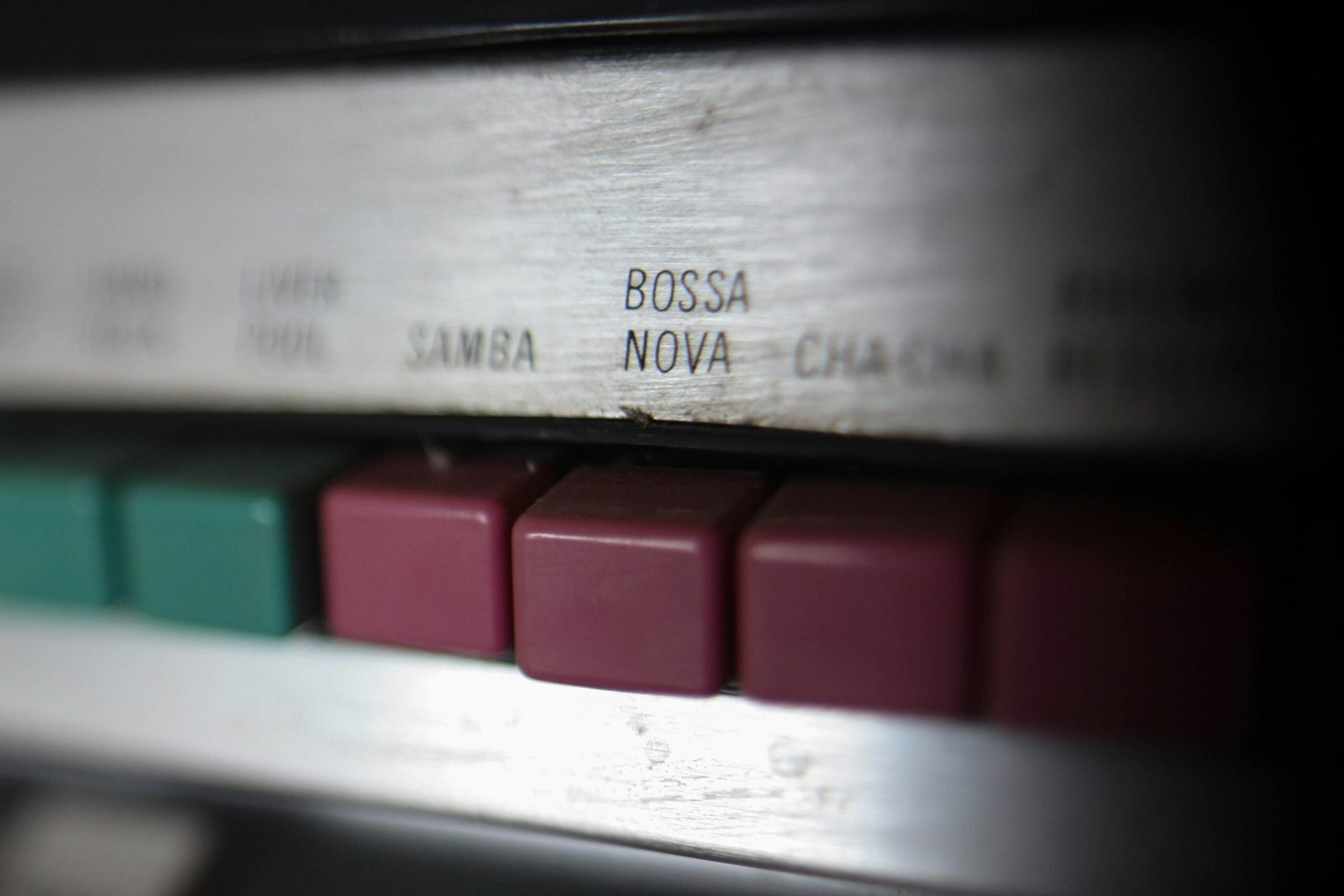The Allure of Bossa Nova: Exploring the Soulful Sound of Brazil
Bossa Nova, a genre that originated in Brazil in the late 1950s, is known for its distinctive blend of jazz and samba rhythms. With its smooth melodies and sensual undertones, Bossa Nova has captivated audiences around the world. In this article, we will delve into the rich history of Bossa Nova and its cultural significance, focusing on the music’s connection to Brazil’s vibrant and diverse society.
A Brief History of Bossa Nova
Bossa Nova emerged as a musical movement in the beachside neighborhoods of Rio de Janeiro, Brazil. Influenced by American jazz and Brazilian samba, Bossa Nova was a departure from the more traditional styles of Brazilian music at the time. Pioneered by musicians such as João Gilberto, Tom Jobim, and Vinicius de Moraes, Bossa Nova quickly gained popularity both in Brazil and abroad.
One of the most iconic Bossa Nova songs, “The Girl from Ipanema,” became an international sensation in the 1960s and introduced Bossa Nova to a global audience. The song’s seductive melody and poetic lyrics perfectly encapsulated the essence of Bossa Nova, leading to its widespread recognition and influence on popular music.
The Sensuality of Bossa Nova
While Bossa Nova is often associated with sensuality and romance, it is important to note that its appeal goes beyond its connection to sexual aspects. The music’s allure lies in its ability to evoke a wide range of emotions, from longing and nostalgia to joy and celebration.
With its gentle guitar rhythms, whispering vocals, and poetic lyrics, Bossa Nova has a unique ability to create an intimate and introspective atmosphere. The music’s sensuality stems from its emphasis on subtlety and nuance, rather than overt expressions of passion.
Bossa Nova’s lyrical themes often revolve around love, nature, and the beauty of everyday life. The songs are filled with poetic imagery and metaphors, inviting listeners to immerse themselves in a world of romance and introspection.
The Cultural Significance of Bossa Nova
Bossa Nova not only shaped the Brazilian music scene but also became a symbol of the country’s cultural identity. The genre’s rise coincided with a period of political and social change in Brazil, and its popularity reflected the country’s newfound optimism and creativity.
During the 1960s, Bossa Nova became a platform for artists to express their views on social issues and advocate for change. Many songs addressed themes of inequality, poverty, and the struggle for social justice, making Bossa Nova an important voice in the fight against oppression.
Furthermore, Bossa Nova played a significant role in breaking down barriers and fostering cultural exchange. The genre’s fusion of Brazilian and American musical traditions created a unique sound that appealed to audiences of diverse backgrounds. This cross-cultural exchange helped to promote a positive image of Brazil and its rich artistic heritage.
Conclusion
Bossa Nova, with its enchanting melodies and poetic lyrics, continues to captivate listeners worldwide. Its timeless appeal lies in its ability to evoke emotions and transport us to the vibrant streets of Brazil. As we explore the soulful sound of Bossa Nova, we discover not only its connection to sensuality but also its cultural significance and its role in shaping the musical landscape of Brazil and beyond.

